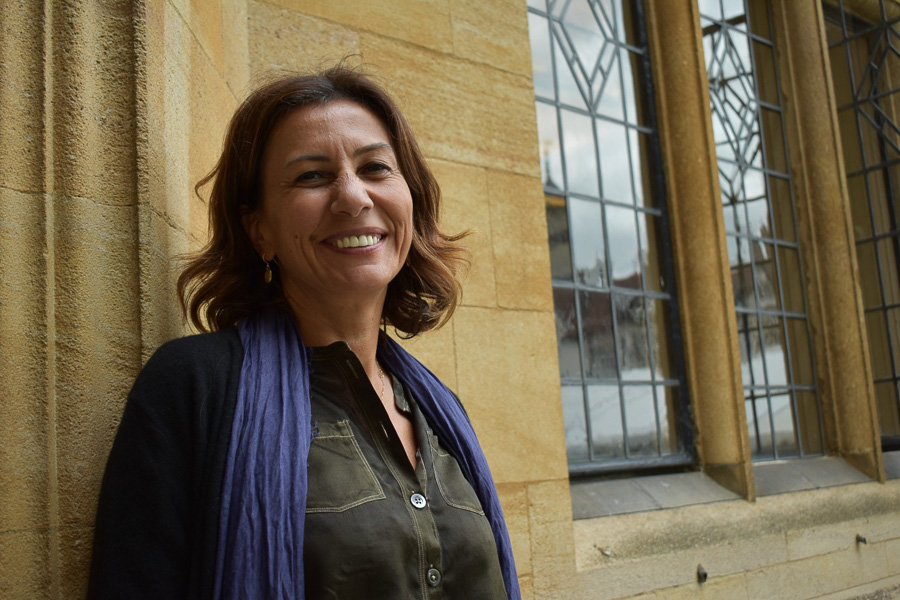
Nayla Fahed – Co-Founder of The Lebanese Alternative Learning
By galtalkstech.com on June 25, 2019, in Asia, InterviewsMeet Nayla Fahed – Co-Founder of the Lebanese Alternative Learning, an EdTech NGO aiming to give every child access to quality education through digital.
In a nutshell: What role does technology play in your everyday life?
In December 2013 I co-founded the Lebanese Alternative Learning, an EdTech NGO aiming to give every child access to quality education through digital. Our core project is the Tabshoura (chalk in Arabic) platform. Tabshoura offers online and offline digital programs to support children in Lebanon, both Lebanese and refugees, and avoid dropouts.
To reach the remote areas with unreliable internet connectivity, we developed a pocket-size box filled with our programs, used as a server, producing its own hotspot and connecting 30 devices.
If you had all the money in the world, what tech innovation would you invest in? And why?
If I had all the money in the world, I would open virtual schools, giving underprivileged areas in every part of the world access to quality education, with a special focus on life skills and autonomous learning. Using AI will ensure personalized paths and creating communities will reinforce communication beyond borders.
What is the hardest thing about your job?
Sustainability. As a small non-profit we rely on writing proposals and go through the “waiting for the answer” stressful process. We are always uncertain if we will make it to another year even though our project is successful and has won awards and international recognition.
And also, we have to adapt our proposal to the funders’ goals and not to the assessed field needs.
Women in the field of technology are definitely in the minority. How are you helping to attract more women to tech?
Interns are a vital part of our work. More than 70% of our interns are young women pursuing an education in STEM-related subjects. They often tell us that working with us allowed them to build a network of girls interested in technology helping each other, and also that it gave them the incentive to go forward in their carrier and fight for their dreams.
As a Malala “champion”, I am part of a campaign fighting social prejudice and advocating for equal access to the same tech opportunities between girls and boys.
What would you say are the most important skills women need to bring to the table if they want to be successful in tech?
Confidence in themselves.
Who are your (tech) role models and why?
Katherine Johnson, the lady whose calculations enabled some of NASA’s first space exploration, because she had to fight social prejudice and injustice and she did. She literally aimed for the moon and got there!
What steps should be taken to attract more women to tech?
Giving them more visibility in many ways. Seminars, conferences, building a network of women in tech and promoting their work in initiatives similar to Gal Talks Tech!
What would be your message/advice to women trying to get into technology?
As Katherine Johnson said: “Be assertive! Girls are capable to do everything that men are capable of doing. Sometimes they have more imagination than man.” When you have confidence in yourself and in your skills, people feel it and behave accordingly. One day tech will be gender-free.
Nayla Fahed – Co-Founder of The Lebanese Alternative Learning, an EdTech NGO aiming to give every child access to quality education through digital.
